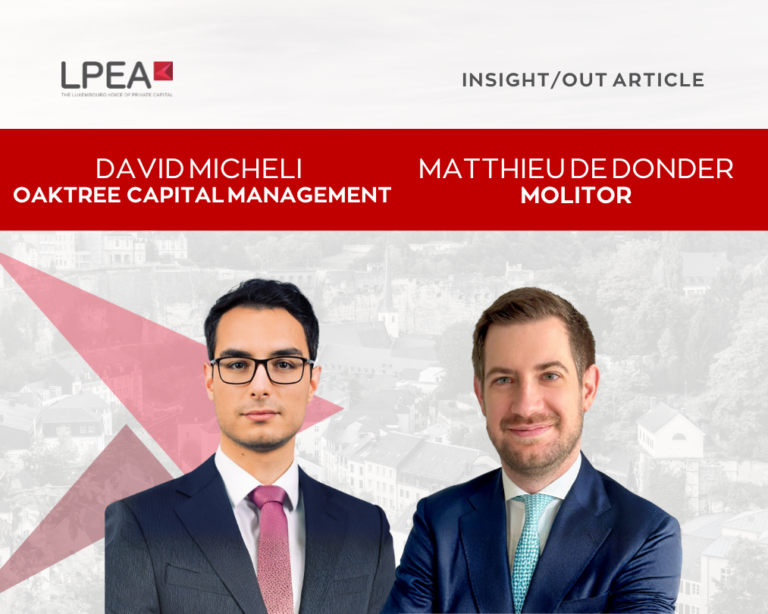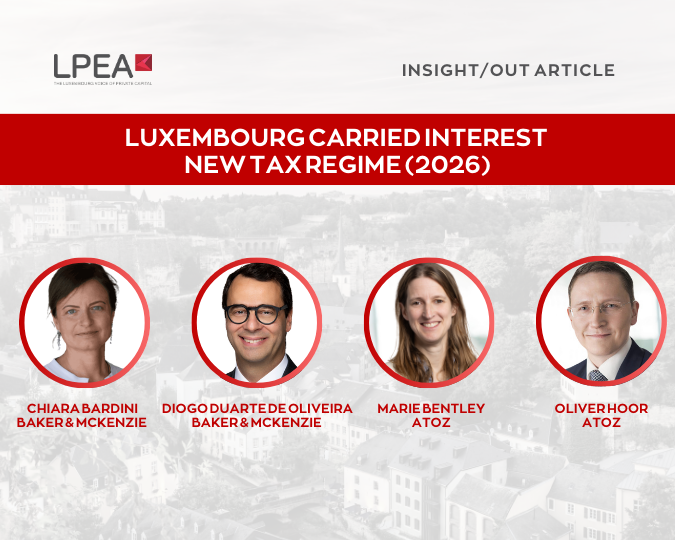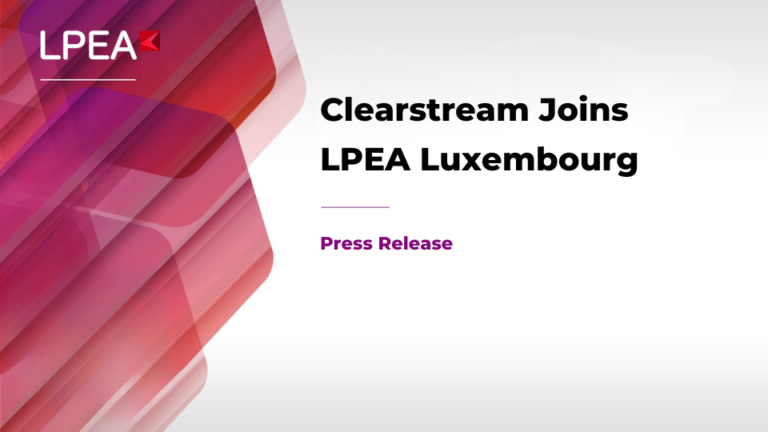Guest article byNic Mueller, CFA, Wirtschaftspruefer, Senior Manager at KPMG Luxembourg
Guest article: 5 things fund-of-fund managers should sort out with their auditors NOW
It appears that not many people truly understand accounting, and yet large public accounting firms are recruiting quadzillions of people from top universities to let them perform independent reviews on financial statements of companies of any size in any industry. Private equity fund-of-fund managers recognize the need for an independent expert opinion on their funds’ financial statements, even if not required by statute. But guess what happens if jargon-loving auditors (who are constantly stressed with audit reports) meet clients (who are constantly stressed with their investors) in the hectic phase of closing the audit?
In my previous posts, I have discussed elements such as Performance Measurement and Investor Base. Today I would like to throw in a few words from a public accountant’s perspective. Oh, and if you wonder what I have been doing between the last post and this one, check out the following steps and you’ll understand, young padawan…
-
-
- Have an accounting-friendly LPA
-
Only few people indulge themselves in the inherent beauty of debits and credits. Accountants love to quote “Judex non calculat”, pointing out the alleged unfamiliarity of lawyers with … well, numbers in general. And so it is natural that your lawyers spend days and nights figuring out all the bits of pieces in your limited partnership agreement, unfortunately often overlooking parts that are crucial to the fund’s accountant and consequently its auditor. This includes, but is not limited to, carry calculation and recognition, expense allocation, equalization upon subsequent closings, and fee terms.
Hand over your LPA to your accounting team and/or auditor to perform a check, as they will appreciate being involved in the set-up process. You may even consider having a financial year-end other than calendar year-end to have better access to resources.
-
-
- Know your enemy … er … auditor
-
Let’s imagine you have successfully raised a fund investing in a portfolio of other private equity funds, often commonly referred to as “fund-of-fund” (or “Private Equity Portfolio (PEP)” programmes). At a certain stage, you or your representative of the fund in the jurisdiction where the fund is domiciled will receive an engagement letter signed the auditor. Maybe you were not involved in the selection, because this is “back-office” stuff? Think twice, as an initial discussion with your auditor will already help to sort out a number of questions that could cause a delay later in the audit process.
It will also give you a chance to scrutinize his or her experience in private equity, and possibly even demand a change if there is a lack of fit.
-
-
- Understand the scope
-
There are things an auditor does, and things that other people believe auditors are doing. The gap is called “expectation gap”. Auditors commonly believe it is sufficient to close the gap by “communicating to the wider public” (seriously?) and being “transparent in the audit report”. Actually the audit report does contain some (standardized) language on what the auditor is NOT doing.
In a standard scenario, your auditor will have a look at the financial statements as a whole, which will most definitely include reviewing your valuation process and the actual year-end valuations. But is he going to check the allocation of partner’s capital to your various LPs which is often not straight-forward? Talk to your auditor in order to understand his scope, and consider enlarging it based on that discussion (for a small fee…) to get the best out of the relationship for the benefit of your LPs.
-
-
- Define a materiality
-
Everybody has a view on materiality, in layman’s terms often expressed as “Ah it’s just a small amount”, “I do not think the investors are concerned about this” or “I. Don’t. Care.”. Auditors are obsessed with the concept of materiality, and professional standards require them to develop a view even before starting the actual audit work.
You better be prepared and anticipate their comments by defining a materiality yourself, and documenting this decision. And do not leave it to the back office – you have done the fundraising, you have spoken to your investors, you know exactly which terms & conditions they have challenged and which ones they were not too concerned about. You have signed those side letters requesting you to deliver reports in 120, 90, 60 days after year-end.
So, in order to smoothen your process, sit together with your back office and put a price tag on “Ah it’s just a small amount”.
-
-
- Have a process
-
As a fund-of-fund managers, you’ll always have the LP hat and the GP hat at the very same time. Your investors demand information, but you are heavily dependent on the information provided by your portfolio funds’ GPs. You think your back office will sort out the operations?
Help them out, ensure that there is regular communication. Complain with your portfolio fund’s investor relations team if their back office is not delivering quality information. And: figure out a year-end process if you do not want to be the one saying to your investors “sorry that we cannot provide you with audited information before July”.
What’s so problematic? Well, you’ll most likely have a reference to the IPEV valuation guidelines in your LPA. At the same time, you will have a financial reporting framework (e.g. US GAAP, IFRS, etc.). In principle, both frameworks should be aligned, because the IPEV guys did quite a job finding a consensus there. Trouble is, your auditor may not share that view, and request that you base your valuations not only on “most recent information” but in fact on “audited information”.
This has been an area of debate for years, and causes most of the stress in the PE house<->auditor relationship. Be proactive, share your view, help them understand the practical implications of their (possibly unrealistic) requests, and find a consensus – in October before year-end rather than in March!
I could discuss any of the points above in great detail, but I assume there is not much demand for that – you are all too busy raising your next fund 😉 Let me have your views though, any comments are much appreciated.




